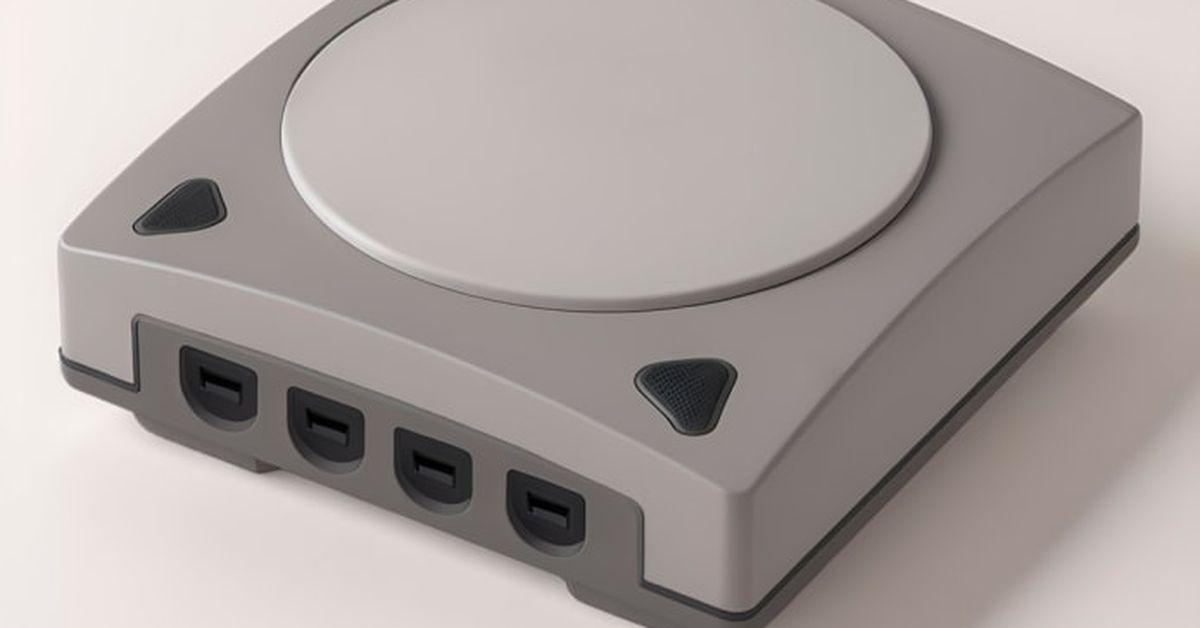
Valve once dreamt of building Linux-based game consoles called Steam Machines. They flopped — but the dream eventually became reality as the handheld Steam Deck instead. Now, a particularly noteworthy Steam Deck enthusiast is reviving the idea of a console-sized Steam Box, one with his own retro gaming twist.
Rodrigo Sedano is the founder of EmuDeck, a program beloved by the Steam Deck community. It automatically installs, configures, and enhances emulators for Nintendo, Sega, Sony, and other retro consoles so they work beautifully on Valve’s handheld.
Now, he wants to make it even easier. He’s preparing to sell you a console-shaped custom gaming PC preloaded with that entire Steam + EmuDeck experience, plus a wireless controller, all ready to go.
He’s calling them EmuDeck Machines, and he’s currently crowdfunding the idea on Indiegogo for prices starting at around $400 — with an incredibly ambitious promise to ship them in December of this year, just four months from now.
They’ll house (weak) Intel N97 or (stronger) AMD 8600G chips in a Sega Dreamcast-inspired shell, with four USB ports around front for additional wired controllers or peripherals. By overclocking the AMD 8600G’s integrated Radeon 760M graphics, he claims he can get what looks like Steam Deck-beating performance out of his pricier $700 model:
There are lots of reasons to wait before putting money down on a crowdfunding campaign, though. While I love EmuDeck, and he seems to have other software design, web design, and management experience, he admits to The Verge that he’s never shipped a hardware product like this before.
He says his US and EU partners are telling him that getting FCC and CE certifications should only take one month. His current prototype is just a Mini-ITX board in a wooden box, while he waits for his potential case manufacturing partners in Spain to deliver the Dreamcast-shaped console case he’s dreamt up. He’s planning to assemble the PCs himself, as a family business of sorts.
Crowdfunding is a chaotic field by nature: companies looking for funding tend to make big promises. According to a study run by Kickstarter, roughly 1 in 10 “successful” products that reach their funding goals fail to actually deliver rewards. Of the ones that do deliver, delays, missed deadlines, or overpromised ideas mean that there’s often disappointment in store for those products that do get done.
The best defense is to use your best judgment. Ask yourself: does the product look legitimate? Is the company making outlandish claims? Is there a working prototype? Does the company mention existing plans to manufacture and ship finished products? Has it completed a Kickstarter before? And remember: you’re not necessarily buying a product when you back it on a crowdfunding site.

